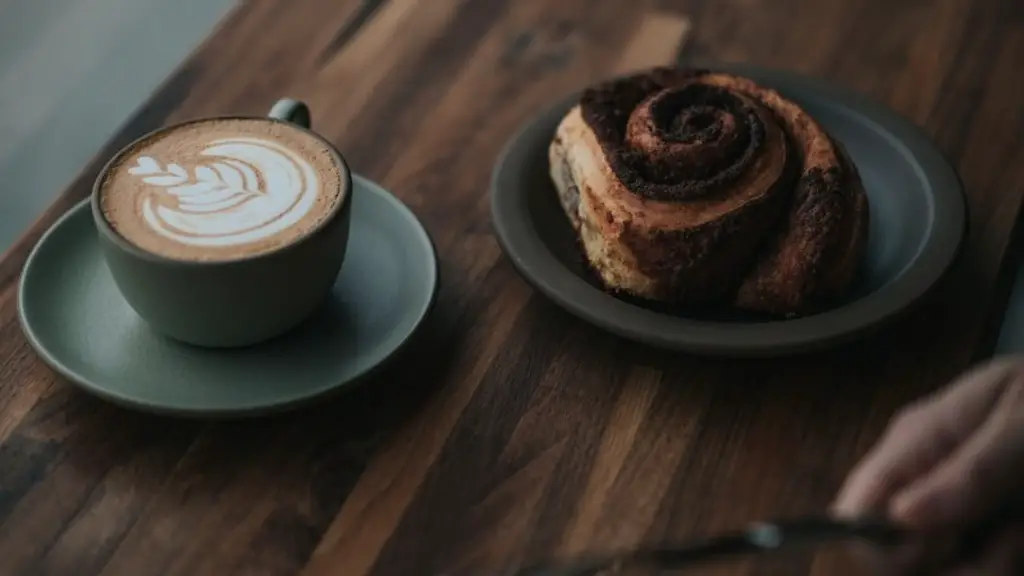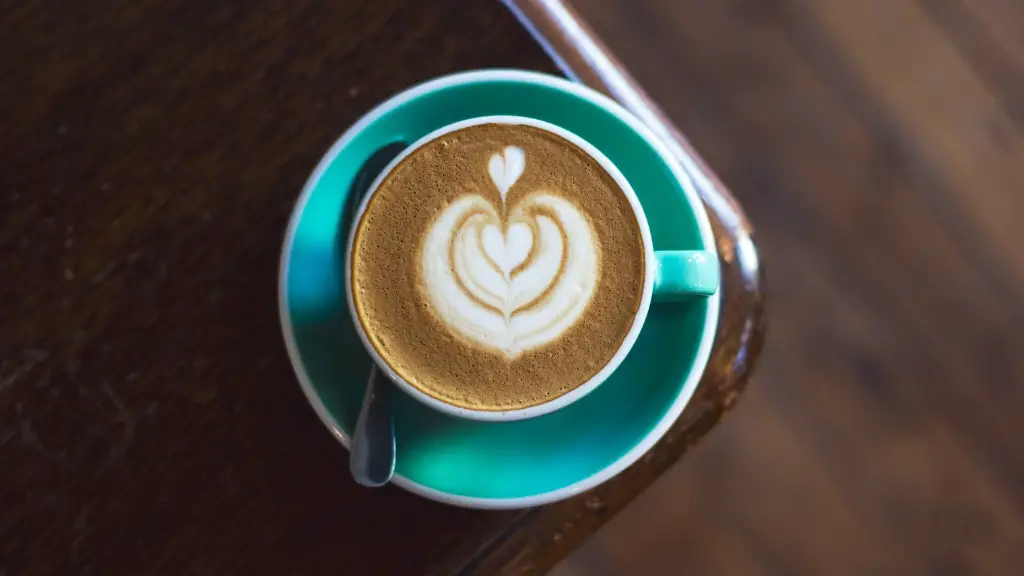Some people believe that drinking coffee before going to bed is a bad idea—and for a few good reasons. Caffeine-sensitive people may struggle to fall asleep, as the ingredients found in coffee—namely caffeine and theobromine—are stimulants that can raise alertness and block sleep hormones. But caffeine isn’t the only issue when it comes to drinking coffee before bedtime.
In an era of constant sleep deprivation and long work hours, humans have become accustomed to the idea of caffeine-fueled ‘nightcaps.’ For some, a cup of hot coffee can make all the difference to ease off into dreamland.
Coffee is a much-loved beverage, as it is known to have an array of health benefits. However, drinking coffee before bedtime has been said to have a negative impact on nutrition. Coffee has diuretic properties and even though it can stimulate one’s appetite, drinking coffee before bed may lead to dehydration, increasing the chances of sleep disturbances.
Drinking coffee before bedtime can also disrupt the hormones melatonin and cortisol which are integral for good health and regular sleeping patterns. If you’re having trouble sleeping, it might be best to enjoy that cup of coffee for breakfast instead. Furthermore, research has indicated that high cortisol levels caused by drinking coffee too late in the day can cause disruptions in metabolism, leading to weight gain.
Identifying the effects of caffeine on individual behaviour and body chemistry is important for people who want to enjoy coffee while maintaining healthy habits. It’s essential to understand the difference if you’re looking to reduce the amount of caffeine while still enjoying your favourite beverage. For instance, decaffeinated coffee still has small amounts of caffeine, so make sure to keep that in mind when reaching for a cup of Joe.
There are behaviours to consider when consuming coffee that can help reduce its negative impact on sleep. One of these is drinking coffee late in the day, between 5 and 7 PM, as it takes around 6 to 7 hours to clear out half of the caffeine. Once you reach the 8-hour mark the body has eliminated more than 90% of the caffeine.
Asking the body to process large doses of a stimulant closer to bedtime can be harmful, leading to difficulty falling asleep, restlessness, insomnia, and other sleep-interruptive ailments. It’s important to pay attention to personal body chemistry and adjust accordingly.
Drinking Coffee in Moderation
Moderation is key when it comes to drinking coffee and it’s highly advised to be mindful of how coffee affects your body and your sleep. For example, drinking coffee earlier in the day or limiting caffeine consumption to one cup can help.
It’s essential to be conscious of the number of cups of coffee you are consuming during the day and to rather drink it in the morning to give your body time to metabolize it before going to bed. Also, opting for natural sources of energy, such as green tea can be beneficial and still satisfy your coffee craving while avoiding the unwanted side-effects.
Lastly, drinking milk or adding healthy snacks such as oatmeal and toast, as well as hydrating drinks like fresh fruit juices can help to supplement consumption of caffeine.
The Emotional Impact of Drinking Coffee Late
The effect of coffee drinking on sleep goes beyond physical, as the consumption of caffeine can manifest in the form of feelings of irritability and depression. Such emotional effects are often based on personal sensitivity to caffeine and can be hard to manage since they vary from person to person.
Drinking coffee late in the evening can aggravate these feeling, so it is important to understand individual sensitivities and the effect coffee or caffeine has on your moods. For example, one sign of caffeine intolerance may include anxiety and a sense of being overwhelmed. Another indication of intolerance is feeling very jittery or having trouble concentrating.
The habit of drinking late can also become a habit because it is linked to our brain chemistry, prompting specific moods and emotions. For instance, looking forward to the daily cup of coffee might be a positive way to end the day, but if coffee drinking is taken too far it may eventually become an unhealthy habit.
What does the Research Say?
A study published in the Journal of Clinical Sleep Medicine showed that when people are routinely drinking coffee right before bedtime, they have lower amounts of rest and higher levels of stress hormones. This resulted in an increased level of fatigue that lasted well into the next day.
A second study involving 60 participants found that caffeine exposure prior to bedtime resulted in decreased quality of sleep, difficulty falling asleep, and higher insulin levels throughout the night. Such decreases in sleep quality can be disruptive during the day.
Finally, a third study found that while caffeine may increase alertness and reduce feelings of tiredness, it may also create a greater sense of irritability, feelings of restlessness, poorer motor coordination and increased symptoms of depression.
Caffeine Sensitivity In Relation to Sleep
Learning about how each individual’s body responds to caffeine is the key to understanding how drinking coffee too close to bedtime may interfere with your sleep. People should learn to pay attention to their own body’s response and use caffeine in a way that doesn’t interfere with their sleep.
For example, those who are more sensitive to caffeine should restrict their intake to earlier in the day—before 2 pm—as caffeine can stay in their systems for as long as six hours. It’s also recommended to not combine caffeine with other stimulants such as alcohol or nicotine, or when under stress.
Increased insomnia levels, restlessness and even fatigue due to drinking coffee late in the evening can all be reduced by establishing a limit to the amount and timing of coffee consumption. This will help the individual to navigate their personal triggers and maintain an optimum level of sleep.
Tips For A Good Night’s Sleep
Sleep is key for overall health, so it’s important to take measures that aid one’s sleeping patterns and behaviors. If you are having trouble sleeping, try to stay away from all stimulants, including coffee, close to bedtime. Another tip is to establish a regular and consistent sleep pattern, avoid eating late at night, and practice relaxing activities before going to bed such as yoga, meditation, or taking a soothing bath.
Limiting coffee consumption is also recommended and to top it off, drinking decaffeinated coffee might be a good alternative.
Even though coffee has ample health benefits, drinking too much coffee late in the evening can disrupt an individual’s sleeping pattern, resulting in reduced energy levels and even insomnia levels. Paying attention to personal trigger levels and drinking coffee in moderation can help one maintain good health.





